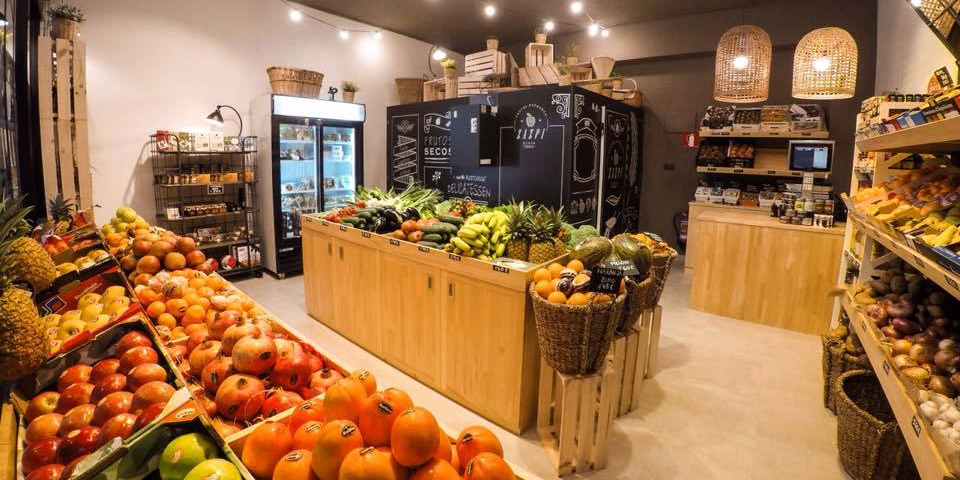
It’s dedicated to the Research and Development of Software for retail and industry. Created and joined in the Group in 2010.
Know more
Acquisition in 2004 of the entire share capital of EUROPESAGEM - Comércio Internacional de Balanças, Lda, a company specialized in the distribution of commercial and industrial weighing equipment (Founded in 2001).
Know more
Official representative of the German brand ESPERA, of weighing and labeling equipment. Created in 2011.
Know moreIn the eyes of those who are not familiar with weighing’s technicalities, scales and retail businesses have a simple relationship: the first are meant to weight the products the others sell, and that’s it. But it does not really work that way. When we are talking about using weighing equipment for commercial purposes, there are many procedures and laws to follow.
The scales we got used to see weighing all kinds of products in butcher shops, fishmongers, supermarkets and fruit shops are, according to the law, “non-automatic weighing instruments” used for “the determination of mass for commercial transactions”. And, as such, they are inserted in European Union’s directives that force them to respect a series of rules – since their manufacture until the end of their useful life on a retail business.
So, behind an everyday process, apparently simples, there is, in fact, a lot to talk about – mostly to protect the consumer:
Before arriving in commercial spaces
Even before serving their lives’ purpose on retail commerce, scales already must follow several rules and be accompanied, at all times, by some official documents.
Besides lots, serial numbers and the usual technical documentation, the manufacturers of weighing instruments for commercial use have to issue (or ask for the issue of) an EU’s declaration of conformity, as well as add a CE marking and the additional metrological marking. But not before following the expected procedures on scales manufacturing and assuring each one obliges the requisites to perform their work with reliability.
To the distributors, there is the role of making sure the equipment leaves the factory without any apparent risk and, of course, with the documentation demanded by law. Not to mention that they have the duty of assuring the adequate storage and transportation’s conditions to maintain the good functioning of the scales.
During the line of duty in commercial spaces
As soon as they start their work in commercial establishments, scales may be subject to inspections to make sure everything is working according to the law. So, besides the parameters demanded in the lay (like CE marking), the weighing instruments must also have their legal metrological control up to date.
Which means this equipment used in retail businesses must go under the mandatory periodical verification on the deadline determined by the European directive. A procedure that has to be carried out by an entity certified by the institution that has custody over the subject, on the country. Usually, this verification is annual, however, it does not have to be done on the year the scale gets the EU’s declaration of conformity and on the years the instruments has been repaired.
If, by any reason, the verification reveals more than the “maximum errors” admissible in the lay, the commercial space must have the scale repaired and can no longer use it until a new verification.
As it’s possible to conclude by all of this, scales are far more complex objects than it may seem at first sight. Dependant of many technical aspects and inserted in several European directives, they are also indispensable for the day to day work on retail businesses.
So, when you need a scale, choose a trustworthy brand, like Balanças Marques, and, by the way, you can also celebrate a maintenance contract with us and use the services of our metrology lab, CALLMARQUES, to have everything perfect on the time of inspections and periodical verification.
